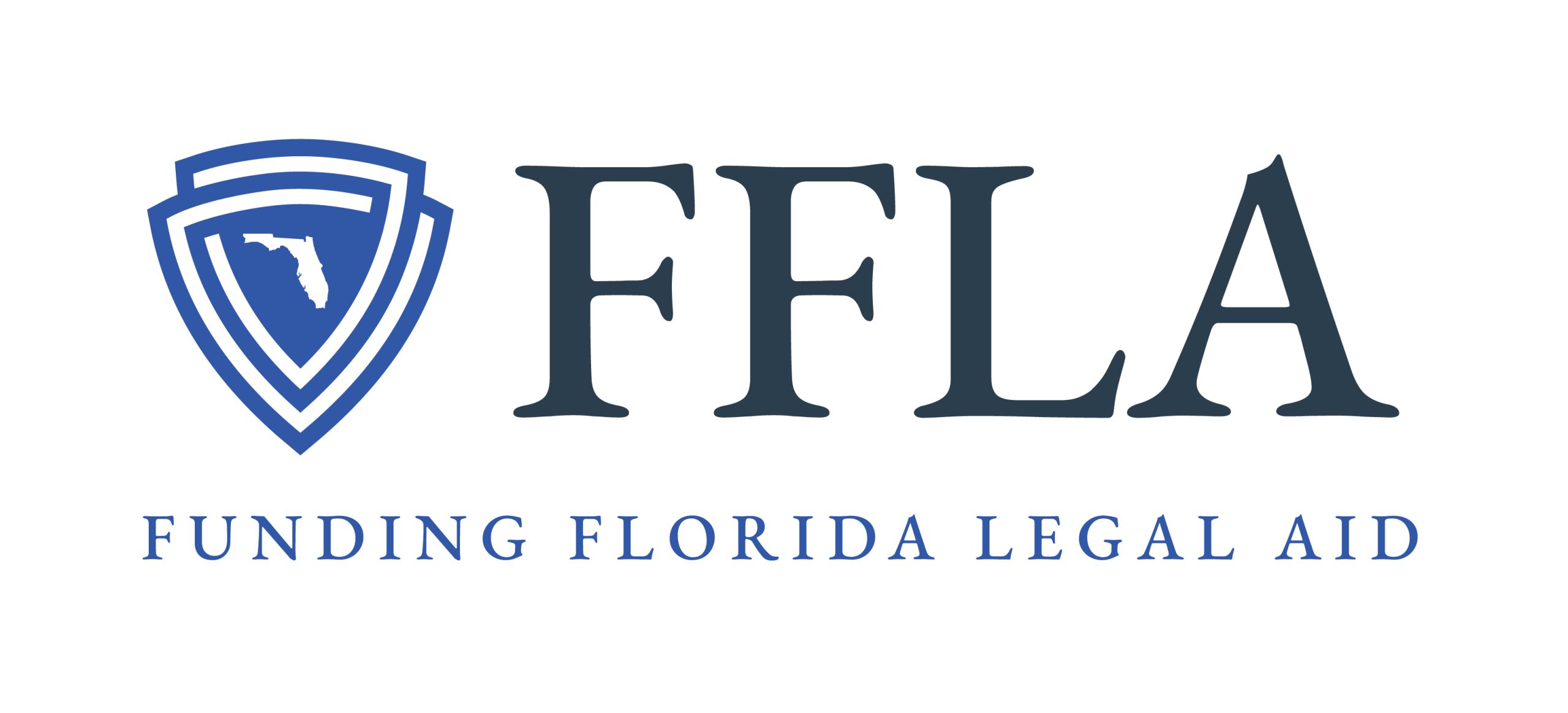Florida Towing Laws
Whether it involves returning to an empty parking space or finding someone else’s car blocking your entrance, at some point everyone has to deal with the towing process.
In Florida, towing laws are defined by Florida Statute §715.07. These regulations determine what happens when a vehicle is removed from private property without the consent of the vehicle’s owner. Although they most commonly apply to something with wheels — cars, trucks, recreational vehicles, etc. — Florida towing laws also apply to vessels (watercraft such as boats and barges).
Florida Statute §715.07 does not apply to towing done for the purposes of law enforcement or emergency services, nor do its rules apply to law enforcement or emergency service vehicles.
Continue reading for more information on your rights, protections, and next steps as a property owner or as the owner of a towed vehicle.
If you believe your vehicle was wrongly towed, that the towing service or property owner violated state law, or if your vehicle was damaged during transport or storage and the towing service refuses to accept responsibility, contact CLSMF for legal advice.
WHAT ARE YOUR RIGHTS?
Florida law gives you the right to have vehicles (or vessels) towed from your property without the vehicle owner’s consent if they are parked on the premises without permission. You will not be held responsible for any costs or damage associated with removing, transporting, and storing the vehicle. To exercise this right, you must be the property owner, lessee, or an authorized representative, and the vehicle must be removed by a professional towing service.
This right applies to all real property, including businesses and condominiums. Proper notices must have been posted for the tow to comply with state law, except under certain circumstances.
You may not conduct a monetary exchange with the towing service that removes a vehicle from your property. You cannot pay a towing service to have vehicles removed, nor can you accept money from a towing service that removes vehicles from your property.
You have the right to know if your vehicle has been legally towed, when this occurred, and why. You also have the right to know which company towed your car, where it is being stored, and what fees to expect.
Towing services are obligated to contact the local police department or sheriff within 30 minutes of the tow and provide them with all information relevant to the situation: Date, time, and place of tow; make, model, color, and license plate number of the car (registration number or description for vessels), and storage location. The towing service must also record who they reported this information to and when.
Towing services must provide local law enforcement with a current list of their rates and fees, and must have an identical list posted at the vehicle storage site.
Trucks and towing equipment must prominently display the company name, address, and contact number of the towing business they are operating under.
Vehicles must be stored within a 10-mile radius of the place they were towed from if they were towed in a county with a population of 500,000 people or more. That radius increases to 15 miles if the county has less than 500,000 people. If no towing companies exist within those limits, the radius expands to 20 miles (pop. over 500,000) and 30 miles (pop. over 500,000).
Your vehicle must be released to you within one hour of your request. The storage facility must be available for you to redeem your vehicle between 8 am to 6 pm on any day that the company is open for towing purposes. When closed, the business must return to the facility within 1 hour of telephone requests to open the site and allow you to redeem a vehicle. A telephone number where the site operator may be reached at all times must be prominently displayed at the storage facility.
You have the right to inspect your vehicle and note any damages that may have occurred due to the towing. Under Florida law, towing companies cannot require you to sign a waiver or release that removes their liability for damages caused by towing or storage.
You have a right to retrieve your personal belongings from your vehicle free-of-charge while it is being held in the storage facility.
WHAT DO YOU NEED TO DO?
You may only have vehicles removed from your property without the vehicle owner’s consent if you have already posted signs which follow the state guidelines. The exceptions to this requirement are:
- Single family residences;
- If you have already given personal notice to the owner or legal driver of the vehicle;
- If the vehicle is parked in a way that restricts the normal operation of your business; or
- If the vehicle is parked on a public right-of-way and is blocking access to a private driveway.
If you do not fit into the listed exceptions you must post notices according to these guidelines, as described by Florida Statute §715.07:
- The notice must be prominently placed at each driveway access or curb cut allowing vehicular access to the property, within 5 feet from the public right-of-way line. If there are no curbs or access barriers, the signs must be posted not less than one sign for each 25 feet of lot frontage.
- The notice must clearly indicate, in not less than 2-inch high, light-reflective letters on a contrasting background, that unauthorized vehicles will be towed away at the owner’s expense. The words “tow-away zone” must be included on the sign in not less than 4-inch high letters.
- The notice must also provide the name and current telephone number of the person or firm towing or removing the vehicles or vessels.
- The sign structure containing the required notices must be permanently installed with the words “tow-away zone” not less than 3 feet and not more than 6 feet above ground level and must be continuously maintained on the property for not less than 24 hours prior to the towing or removal of any vehicles or vessels.
- The local government may require permitting and inspection of these signs prior to any towing or removal of vehicles or vessels being authorized.
A business with 20 or fewer parking spaces satisfies the notice requirements of this subparagraph by prominently displaying a sign stating “Reserved Parking for Customers Only Unauthorized Vehicles or Vessels Will be Towed Away At the Owner’s Expense” in not less than 4-inch high, light-reflective letters on a contrasting background.
If you return to the place your car was parked and find it missing, make sure that your vehicle was towed and not stolen. Check with the owner of the business or residence first to see if they had it towed. If they are unavailable or uncooperative, call local law enforcement — if your vehicle has been towed, they will have all of the information necessary to get it back.
Call the contact number for the towing company, find out what charges you owe to redeem your vehicle.
If you can afford to redeem your vehicle, make a request with the towing company to have your car returned. They are obligated to release the vehicle to you within an hour of your request. Thoroughly inspect your vehicle before paying any fees, and do not sign any waivers or releases that limit the towing company’s liability for damages incurred during transport or storage.
If you cannot afford to redeem your vehicle, visit the storage facility to retrieve any necessary belongings from the vehicle’s interior.
If you make it back to your car before the towing service has left, under state law they are obligated to give you the opportunity to pay a reasonable service fee to let the car go. This fee cannot cost more than half the posted rate they charge to tow vehicles.
If they have given you a reasonable opportunity to pay this service fee but you are unable to, they may then legally remove your car from the property.
If you do pay this fee, the towing service operator is obligated to give you a signed, detailed receipt.
According to Florida law, the towing service bears sole responsibility for any damage your vehicle sustained during the tow, transport, and storage process. Fully inspect your vehicle before payment for its return. Document all new damage. Do not sign any waivers or liability releases.
If your car was damaged during towing or storage and the towing company refuses to accept responsibility, contact CLSMF for legal advice.
WHAT TO CONSIDER BEFORE TAKING ACTION?
There are many ways towing services and property owners can violate Florida’s towing laws, such as disregarding tow-away zone warning guidelines, failing to release your vehicle within an hour of your request, not allowing for an inspection before payment, etc. Violations of the towing laws outlined in Statute §715.07 range from misdemeanor to felony classifications.
If you feel that your vehicle was wrongfully towed and that one or more of the involved parties did not abide by state law, contact CLSMF for legal advice.

 Home
Home








